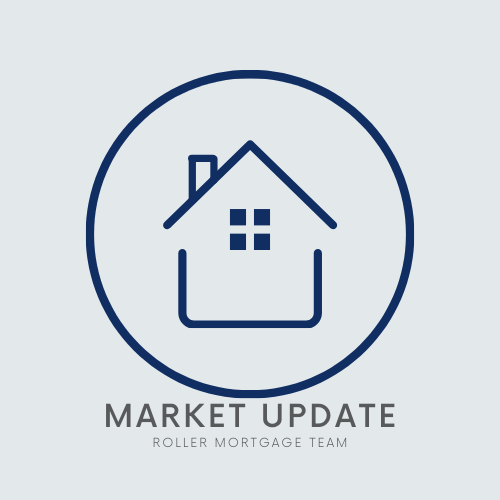Understanding Reverse Mortgages: What They Are and How They Work
If you’re a homeowner who is at least 62 years old and looking for a way to supplement your income in retirement, a reverse mortgage may be a viable option. Reverse mortgages have been gaining in popularity in recent years, but many people still don’t understand what they are and how they work. In this article, we’ll dive into the details of the reverse mortgage definition and help you determine if this financial product is right for you.
Reverse Mortgage Definition:
A reverse mortgage is a type of loan that allows eligible homeowners to convert a portion of their home equity into cash. Unlike a traditional mortgage, where the borrower makes monthly payments to the lender, with a reverse mortgage, the lender makes payments to the borrower. These payments can be made in a lump sum, monthly payments, or as a line of credit.
How Does a Reverse Mortgage Work?
The process of using a reverse mortgage is fairly simple. It starts with a borrower who already owns a house. The borrower either has considerable equity in their home (usually at least 50%) or has paid off their mortgage entirely. The borrower then applies for a reverse mortgage with a lender who specializes in this type of loan.
The lender will assess the borrower’s eligibility and determine the maximum amount of money they can borrow based on their age, the value of their home, and other factors. Once the loan is approved, the borrower can choose how they want to receive the payments.
The borrower does not have to make any payments on the loan while they are still living in the home. Instead, the interest on the loan is added to the balance of the loan each month. When the borrower moves out of the home or passes away, the loan must be repaid, either by selling the home or using other assets to pay off the loan.
Pros and Cons of Reverse Mortgages
Like any financial product, reverse mortgages have both advantages and disadvantages. Some of the pros of a reverse mortgage include:
- A source of extra income in retirement
- No monthly mortgage payments required
- The borrower can choose how to receive the payments
Some of the cons of a reverse mortgage include:
- The interest rates can be higher than traditional mortgages
- The loan must be repaid when the borrower moves out of the home or passes away
- The borrower must continue to pay property taxes, insurance, and other expenses related to the home
Types of Reverse Mortgages
There are several different types of reverse mortgages available, including:
- Home Equity Conversion Mortgages (HECMs), which are insured by the Federal Housing Administration (FHA)
- Proprietary reverse mortgages, which are offered by private lenders and are not subject to FHA regulations
- Single-purpose reverse mortgages, which are offered by state and local governments or non-profit organizations and can only be used for a specific purpose, such as home repairs
Who is Eligible for a Reverse Mortgage?
To be eligible for a reverse mortgage, you must be at least 62 years old and own your home outright or have a considerable amount of equity in your home. You must also be able to pay property taxes, insurance, and other expenses related to the home. The amount of money you can borrow will depend on your age, the value of your home, and other factors.
Is a Reverse Mortgage Right for You?
Whether a reverse mortgage is right for you will depend on your individual financial situation and goals. If you’re considering a reverse mortgage, it’s important to weigh the pros and cons carefully and speak with a trusted financial advisor to determine if this product is right for you. A reverse mortgage can be a valuable financial product for eligible homeowners who are looking to supplement their retirement income. It’s important to understand the definition of a reverse mortgage, how it works, and the pros and cons before deciding if it’s the right choice for you. Remember, a reverse mortgage is not a one-size-fits-all solution, and speaking with a trusted financial advisor can help you make an informed decision. With the right information and guidance, a reverse mortgage can provide financial security and peace of mind in your retirement years.



